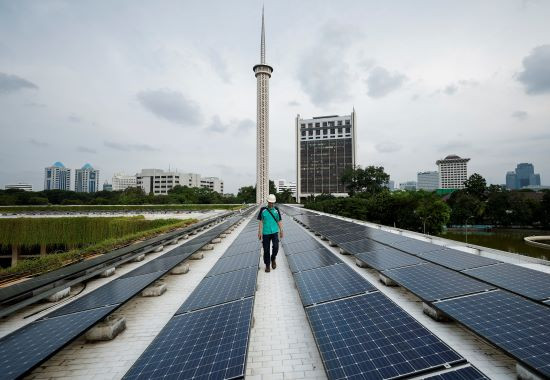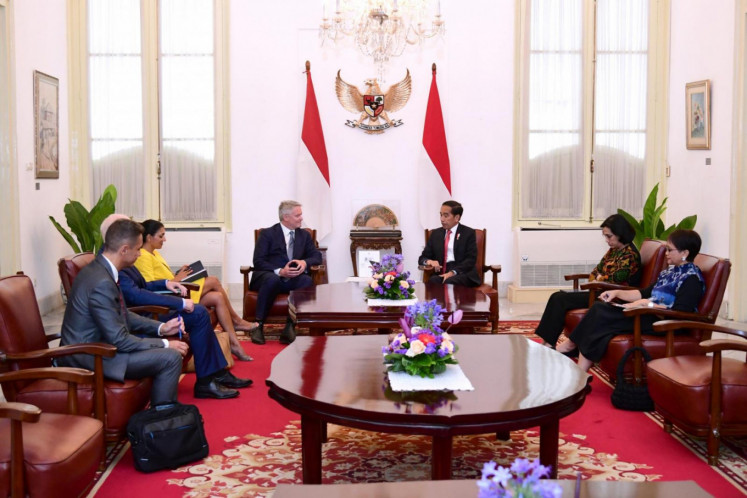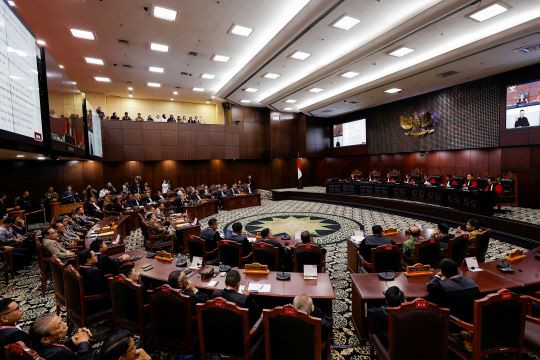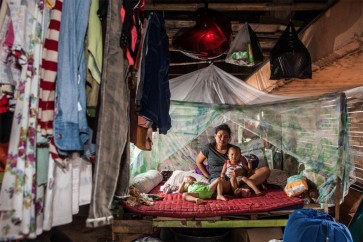EDITORIAL: Breaking the poverty cycle
World Bank said that only 20 percent of Indonesians benefitted from the economic growth of the last decade, while about 205 million others were left behind.
Change Size
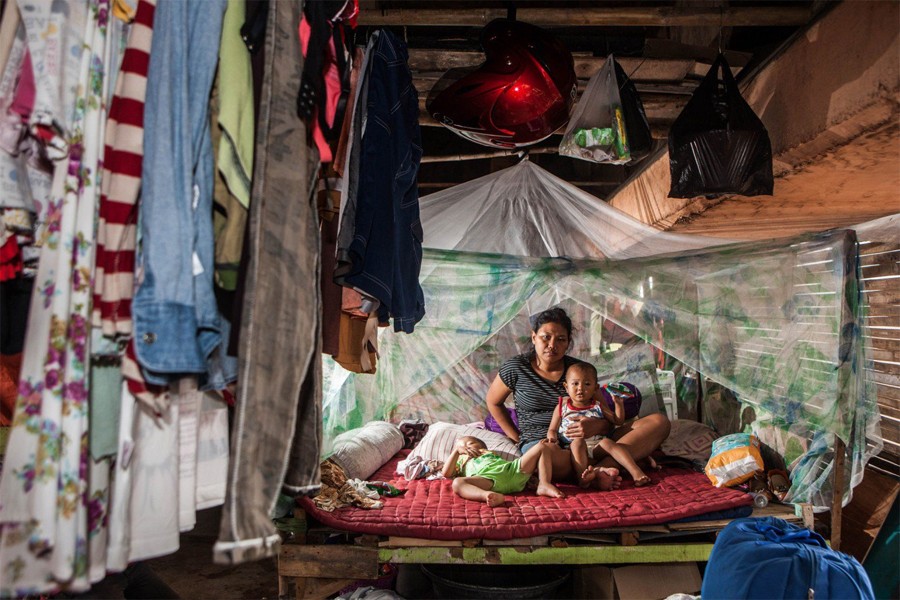 Vivianti, 35, lives with her husband and their twin sons Kevan and Kevin, 2, in the shack under the Tomang-Pluit toll road in Pejagalan. (JP/Seto Wardhana)
Vivianti, 35, lives with her husband and their twin sons Kevan and Kevin, 2, in the shack under the Tomang-Pluit toll road in Pejagalan. (JP/Seto Wardhana)
T
alk about “the rich getting richer and the poor getting poorer” has been heard since the era of former president Soeharto. However, this time the outcry over rising inequality has grown louder. A total of five presidents have been elected since Soeharto stepped down in 1998, but inequality and poverty remains unabated.
In its latest report released last week, international group Oxfam said that despite rapid growth in gross domestic product (GDP), at an average rate of 5 percent since 2000, Indonesia’s poverty reduction has slowed to a near standstill. Based on the World Bank’s “moderate” poverty line of US$3.10/day, about 93 million Indonesians are classified as poor.
To illustrate the yawning gap, Oxfam says the four richest men in Indonesia own as much wealth as the country’s poorest 100 million citizens, despite the national leader’s repeated pledge to fight the alarming level of inequality.
In fact, Oxfam’s worrying report is unsurprising. It simply confirms that there has not been much progress in the government’s efforts to alleviate poverty.
In a much earlier report, the World Bank said that only 20 percent of Indonesians benefitted from the economic growth of the last decade, while about 205 million others were left behind. The bank estimated that the richest 10 percent of Indonesians control 77 percent of the total wealth in the country, and more sadly, half of the country’s assets are owned by the richest 1 percent.
Oxfam suggests a number of actions that need to be taken by the government to address this extreme inequality. Among the recommendations is the setting up of a roadmap to raise minimum wage levels and to conduct reform in personal income tax collection, by among other things, creating a 45 percent tax band to ensure that the mega rich or those with incomes of over Rp 10 billion ($749,500) pay according to their means.
In also proposes public spending to promote universal health coverage through the national health insurance scheme (JKN) and for education especially for the establishment of higher quality vocational schools.




